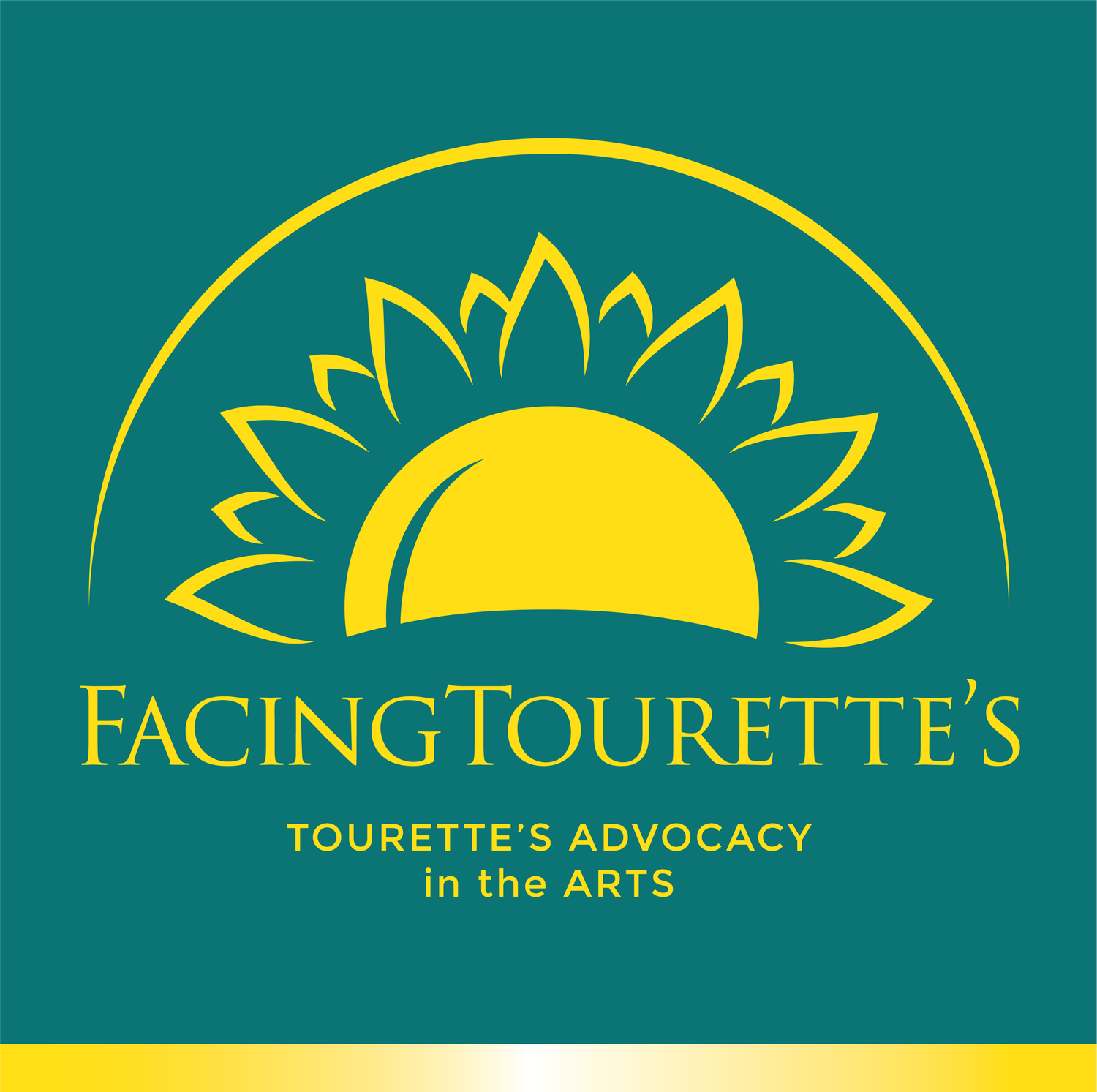Invisible Disabilities: What You Don’t See on the Stage — October 27th, 2025
Your average theatre-goer (or audience member of any type of performance) doesn’t see all the work that goes into a show. For every person on the stage, there’s multiple people behind the scenes doing all the work that ultimately makes the performance possible. And every person on the stage has collectively poured in hundreds of hours of work to make even a small local production happen.
This is also similar when it comes to people with disabilities. People who do not have a disability often do not know how much work goes into simple tasks. This can look different ways depending on the disability that an individual has. For me, my disability is largely invisible in most situations. It really shows up rarely nowadays in terms of what other people can see, given how much work I’ve put in when it comes to managing my tics. Whether someone has a visible disability or an invisible one, there’s a lot of work behind the scenes going on that is hard to understand if you don’t have one.
When it comes to how these intersect, there’s even more work involved. Between my learning disabilities and my Tourette’s, I put in a lot of effort outside of rehearsals and behind the scenes to succeed in my career. I’ve talked a little about the amount of time it takes to memorize things for me and how much effort it takes to manage my tics. Just last week, I was in Glow at the Gardens, doing several hours of improv every night and that meant completely rearranging my work schedule to prioritize giving myself time for self care and to transition from work to acting mode. Improv is even harder to do without ticcing for me, as it requires a lot of thinking on my feet, and when I am doing so much thinking in the moment, I get distracted from my CBIT principles. Improv requires being completely present in the moment, but CBIT requires being able to step back from what’s going on to stay relaxed and in control. It’s really hard to do both at the same time. In addition, being outside in the cold causes me to move my face to warm it up, which triggers my tics. So when you think of all the work that goes into managing a disability, invisible or not, and all the work that goes into a performance at the same time, it becomes really daunting.
I’m not saying this to pat myself on the back about everything I manage. I have it pretty good. But, I think there’s a lesson in remembering how much everyone has going on “behind the scenes” literally and metaphorically. Remembering that other people are potentially fighting battles we have no understanding of, and are putting in time and effort we can’t possibly imagine, is a reminder that we should have grace with each other. I know that since my diagnosis a few years ago, I have become a more aware and patient person. Taking time to learn about each other’s experiences and struggles can increase empathy, which there can never be too much of in the world.
